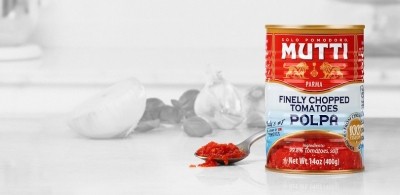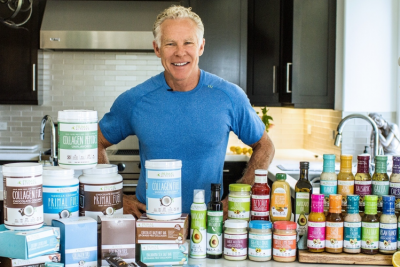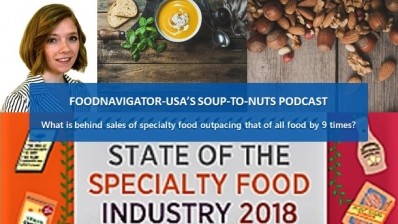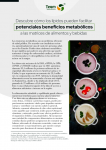San Giuliano wants to clarify confusion around olive oil with high-tech transparency & quality
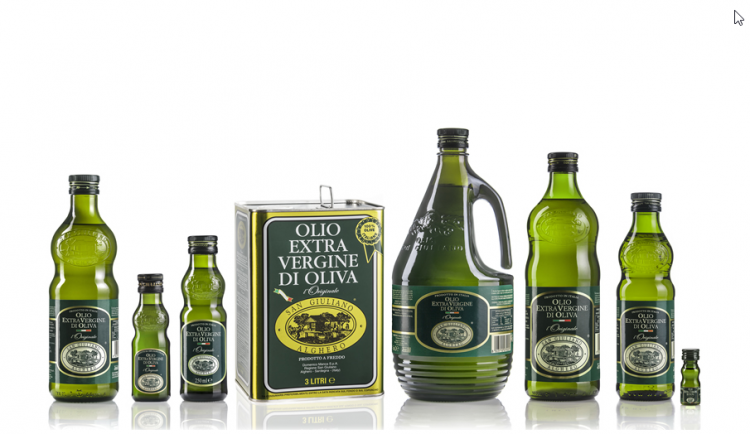
“A major challenge in bringing olive oil [to the US] is the culture. I come from a culture where olive oil is used very commonly,” and people understand its benefits and the differences between the varieties and grades, but in the US there has been a larger focus on other plant- and animal-fats and olive oil remains a bit of mystery to most consumers, Pasquale Manca, San Giuliano’s third-generation farmer and master olive oil producer, told FoodNavigator-USA.
But, he added, that “awareness of olive oil is growing, especially around the health benefits and taste and flavor,” which San Giuliano plans to build on in part by explaining in detail on its label what is in each bottle of olive oil and where it is sourced.
“We are going to put on our label all the cultivars that we use, so it won’t be a gray area any more … similar to how in wine business, they say a merlot grape or a sauvignon grape and where it comes from,” which helps consumers better understand what is in each bottle, Manca said.
“We want to help the consumer become aware that extra virgin olive oil is like wine and it varies depending on the region and the sun and the wind and the variety of the olives – they all change the taste,” he added.
He explained that San Giuliano is able to provide this level of specificity because it has embraced modern technology, including blockchain, to establish a complete, transparent and traceable supply chain for its olives, which consumers soon will be able to access through a QR code on each bottle.
“We can trace everything, if not to the specific plant, then at least to the block of land where it was grown … so we know exactly the conditions under which each olive was produced, including how many trees are located on the land, if they are exposed to wind,” all of which can impact the quality and experience of the olive, Manca explained.
“We are one of the only [olive oil] companies in Italy that does that,” he added, noting the company also uses a logistics labeling system to reduce mistakes in the picking and delivery process.
Marketing combines high-tech and low-tech
As the company expands its presence in the US, it also is working on a “grass roots” campaign that will rely on brand ambassadors, such as chefs and influencers, to share the company’s story and showcase how the use of modern technology is preserving the age-old art of making high quality olive oil.
It also is reaching out directly to consumers, starting with a dedicated marketing campaign that launched at VegFest in Seattle earlier this year. The company chose to start there because it is targeting retailers in the Pacific Northwest, where the brand already is sold in 30 retailers, and the San Francisco area where it currently is in 250 retailers and counting.
Beyond focusing on the west coast, the company also will expand its presence in New England, the South, including Georgia and Texas, and Eastern Canada – all of which are areas where consumers are more likely to know about olive oil and be open to its use, Manca said.
The brand will expand this effort by building out a US-focused social media platform where it can continue to communicate with and educate consumers directly.
An open-approach to technology has opened more lines of business
As the company grows it will remain mindful of its environmental impact and once again lean on technology to reduce emissions and waste.
For example, the company prides itself on using very little water at its mill and on using byproducts as fuel. Specifically, the company uses olive pits that previously would have been discarded during the pressing process to create a more environmentally-friendly fuel for nearby homes in the winter. Similarly, it redirects compost to a digestor that captures the gasses and also uses them for energy for the community.
The company’s focus on waste reduction also has led to new business opportunities, including a cosmetics line of creams, body masks and salts using anti-aging biophenols from the byproduct of the olive oil production.
Reflecting on these projects, Manca noted, “This is how we close the cycle so that we don’t have any waste or negative impact.”
An award-winning plan
The company’s attention to detail and focus on transparency through the use of technology has helped it win several awards – demonstrating the approach’s positive impact on quality.
Since 1992, the company has received more than 260 awards, including the recent addition of three gold and one silver award at the New York International Olive Oil competition – more than any other company.
The company’s most recent score was the extra gold medal in the International Biol Prize dedicated to organic extra-virgin olive oils – a testament to the company’s move 30 years ago to adopt organic farming not only for its olive oil production, but also its livestock farming.

